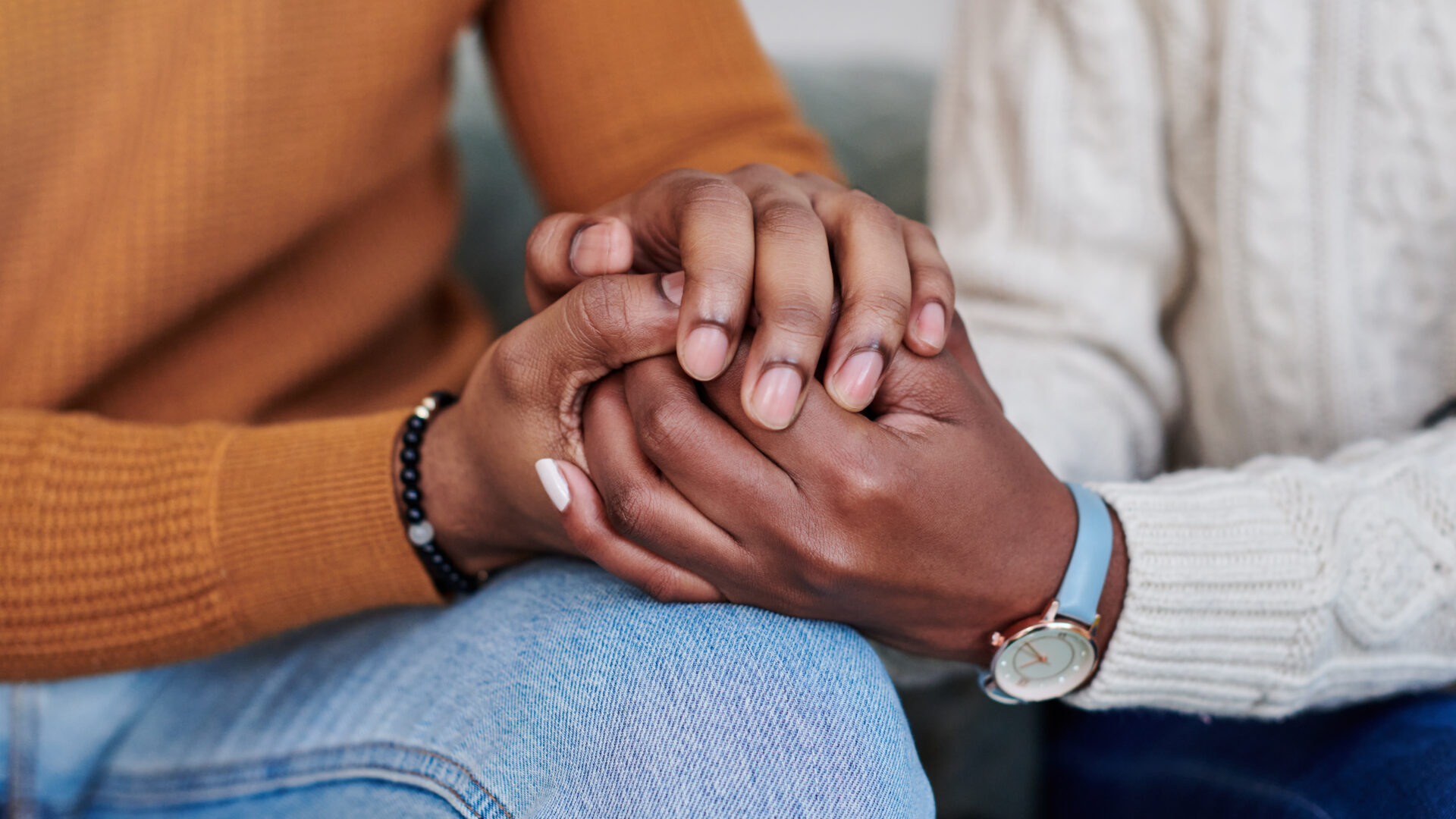
We’ve always been taught, as Black women, that if we want to succeed in this life and in this society we have to work (and be) twice as hard to get half as much. The same mantra applies to the amount of forgiveness we expected to allot.
We often don’t feel like we’re allowed to experience the full emotional spectrum. We’re made to plaster smiles on our faces and make others feel better about themselves while receiving the short end of the stick when we’re in need of forgiveness.
We recently saw this play out when Amber Guyger was sentenced to 10 years in prison last month for the murder of Botham Jean. A year prior, the off-duty officer had entered Jean’s Dallas apartment, mistaking it for her own and shot him. Jean died shortly thereafter. The most shocking part of Guyger’s sentencing, though, was when Judge Tammy Kemp went on to hug Guyger while still in the courtroom. Outrage ensued as people discussed the ways that Black people, particularly women, are applauded by some for being understanding and empathetic. But when do we receive the same compassion that we dole out?
“Black women are expected to be these moral compasses for people around social justice and it’s exhausting. [A] lot of times that empathy and grace isn’t given [to us] because people have propped us up to be these ideal people,” said Clarissa Brooks, a journalist and community organizer. “You become a martyr, even if you don’t wanna be and…martyrs don’t get grace.”
“It is these small instances of emotional protection that quickly transform into fixed expectations with little return.”
So after you spend time speaking out for communities and being an empathetic, social barometer, you don’t get any reprieve because you’re now a caricature. And caricatures are required to perform, no matter what.
Journalist Annette Ejiofor can relate. She told Girls United that her co-workers once guilted her when she wouldn’t over-perform cheerfulness for their benefit. “People in the office would be like, ‘Ooh, you seem upset today.’ Like no, I’m not upset. I’m just quiet,” she told us. Ejiofor continuously stepped out of her demeanor so that her co-workers would feel better, while ignoring her own comfort and personality.
“People in the office would be like ‘oh, you seem upset today.’ Like no, I’m not upset. I’m just quiet,” she told us. Ejiofor continuously stepped out of her demeanor so that her co-workers would feel good, while ignoring her own personality.
It is these small instances of emotional protection that quickly transform into fixed expectations with little return. This happens in the workplace, as well as within family units.
“…With Black women, everyone has a hand in our oppression, so [they’re] super invested in us being forgiving and letting things go,” ” –I’Nasah Crockett
“Just imagine if all the Black women said ‘f–k it, we’re not doing no more work. The [unit] would fall apart,” said Alecia Deon, a conjurer. “Black women don’t always have the luxury of taking time to recharge, out of the fear that the people around them can’t exist without them. Often times, these structures lean into that, and again, use guilt to keep women ever busy.”
Public scholar I’Nasah Crockett agreed, saying that society is created to manipulate Black women’s empathy. “With Black women, everyone has a hand in our oppression, so [they’re] super invested in us being forgiving and letting things go,” she said during our conversation. “People outside of us benefit [from us,] so they don’t want us to withdraw our nurturing because if we were to do that, then so much would collapse for so many people.”
The idea of Black women’s empathy being a yoke, reminded Deon of the recent unveiling of Twitter-user, EmoBlackThot. EmoBlackThot ran a popular Twitter account that was a presumed safe space for Black women, women of color, and the LGBTQ+ community. Marginalized people were given the opportunity to speak about issues that affected them directly, and also freely revel in their interests and share their work.
“EmoBlackThot shared a now-deleted apology, and leaned on Black women, the very group that he lied to, for empathy and forgiveness.”
Many believed that the person behind this account was a Black, queer woman living in the south, and EmoBlackThot played into it. But when the user decided that they were ready to fully capitalize on their brand’s 100,000-plus followers and reveal themselves, Black women were thoroughly disappointed to discover that the beloved account was ran by a cisgender Black man.
Although the reveal was initially met with a few uplifting responses, the tide turned quickly. Black women outlined personal and more general betrayals, which were exacerbated by this running farce. EmoBlackThot believed that he would be supported once he “came out,” (ironically on National Coming Out Day), but he was bashed.
EmoBlackThot shared a now-deleted apology, and leaned on Black women–the very group that he lied to for empathy and forgiveness. He had planned on moving forward with his career as a performer, and only halted when the backlash surrounding the reveal became too much. His plan of moving forward with the grace of Black women backfired and apology after apology rolled in. “He probably will be able to [carve out] a career path, pop back up and be totally fine,” Brooks added.
Black women in America have had to endure racism, sexism, and the intersection of both, for the past 400 years. In the midst of it all, we continue to keep ourselves afloat, no thanks to the people who rely on us for emotional labor and empathy.
“They can handle more,” they say. “They have a greater capacity for grace,” they say. But these are lies. We are human. So the question remains, where is empathy for Black women?
Photo credit: Getty Images